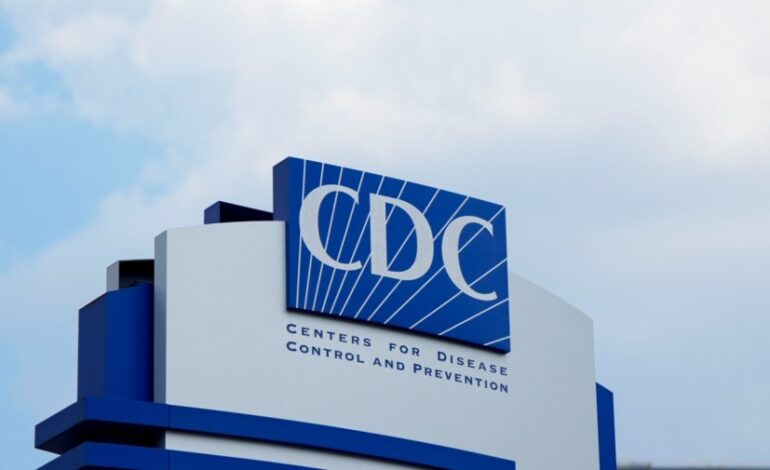CDC Panel Reviews Childhood Vaccine Schedule: Concerns Grow

The Centers for Disease Control and Prevention (CDC) is currently facing significant scrutiny as its Advisory Committee on Immunization Practices (ACIP) convenes on October 5-6, 2023, to discuss potential changes to childhood vaccination schedules. Public health officials and advocates are expressing concern that any modifications could further limit access to essential vaccines for children across the United States.
The ACIP meeting has generated considerable apprehension among healthcare professionals, parents, and public health organizations. While the specific questions the panel will deliberate on have not been publicly disclosed, speculation surrounding the potential implications of these discussions is widespread. Some health experts fear that altering immunization schedules might exacerbate existing disparities in vaccine access, particularly affecting vulnerable populations.
Implications for Public Health
The proposed changes to childhood immunizations could have far-reaching effects. Currently, childhood vaccination schedules are designed to protect children from various preventable diseases, fostering community immunity. Critics of potential alterations argue that any adjustments may lead to lower vaccination rates, which could in turn result in outbreaks of diseases previously under control.
Public health advocates are urging the committee to consider the broader impacts of their decisions. Dr. Nancy Messonnier, a former director at the CDC’s National Center for Immunization and Respiratory Diseases, emphasized the importance of maintaining robust vaccination programs. “Access to vaccines is a cornerstone of public health. Any changes that hinder that access could lead to serious consequences for child health,” she stated.
In recent years, the rise of misinformation regarding vaccines has already posed challenges for public health initiatives. If the ACIP decides to implement changes that restrict vaccine availability, it may further complicate efforts to assure parents and communities about the safety and necessity of vaccinations.
Future Considerations
As the ACIP meets, the decisions made could set a precedent for how immunization strategies are approached in the future. The meeting will be closely monitored by public health organizations, parents, and medical professionals, all of whom are concerned about the potential ramifications of any new policies.
The CDC is expected to release the findings and recommendations from the ACIP meeting following its conclusion. Until then, stakeholders in the health sector are left to navigate the uncertainty surrounding the future of childhood vaccinations. As discussions unfold, the focus remains on ensuring that children continue to receive the protection they need against preventable diseases.
With the meeting underway, many are hopeful that the committee will prioritize public health needs and accessibility to vaccinations, safeguarding the health of future generations.






